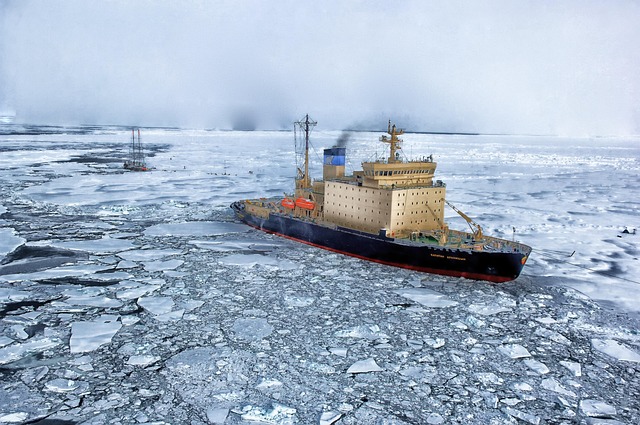As the effects of climate change escalate, environmental concerns take center stage, sparking discussions around waste reduction and our planet’s fragility. With rising sea levels posing a threat to coastal ecosystems and communities, it’s crucial to adopt innovative strategies for tackling waste while safeguarding our environment. In this blog post, we’ll explore five pioneering approaches that aim to combat waste and address climate change effectively.
First and foremost, embracing a circular economy is essential for waste reduction. This approach encourages businesses and consumers to view waste not as an end, but as a resource. By rethinking product design and supply chains, companies can create items that are not only durable but can also be recycled or repurposed after their lifecycle. This shift in perspective not only minimizes landfill waste but also reduces greenhouse gas emissions associated with production processes.
Secondly, implementing community-based composting programs can significantly contribute to waste reduction at a local level. By encouraging households and businesses to compost organic waste, we can divert food scraps from landfills, where they would otherwise produce methane—a potent greenhouse gas. Community gardens can be ideal hubs for such initiatives, fostering relationships among residents while promoting sustainable waste management practices.
Next, enhancing waste management technologies plays a pivotal role in addressing the waste crisis. Innovations such as AI-driven waste sorting systems and advanced recycling technologies can improve the efficiency of recycling, ensuring that materials are processed correctly and useful resources are reclaimed. These advancements not only minimize waste but also contribute to a reduction in carbon footprints associated with new material extraction and production.
Additionally, encouraging the adoption of biodegradable materials presents a promising solution to waste and climate concerns. By transitioning away from traditional plastics and promoting products made from natural, compostable materials, we can significantly reduce the environmental impact of waste in our oceans and landfills. This change not only enhances waste reduction efforts but also supports industries committed to sustainability.
Lastly, public awareness and education are critical components for meaningful waste reduction efforts. By engaging the community through workshops, informational campaigns, and outreach programs, we can instill a sense of responsibility towards waste management and climate change. Educating individuals on practical actions like reducing single-use plastics, proper recycling methods, and sustainable consumption can foster an environmentally conscious populace dedicated to preserving our planet.
As we navigate the complexities of climate change and waste management, these five innovative strategies stand as testament to human ingenuity and our collective ability to create a sustainable future. By embracing these solutions, we can take pivotal steps towards a cleaner, greener environment—one that not only preserves our planet for future generations but also honors our shared responsibility to combat climate change.




